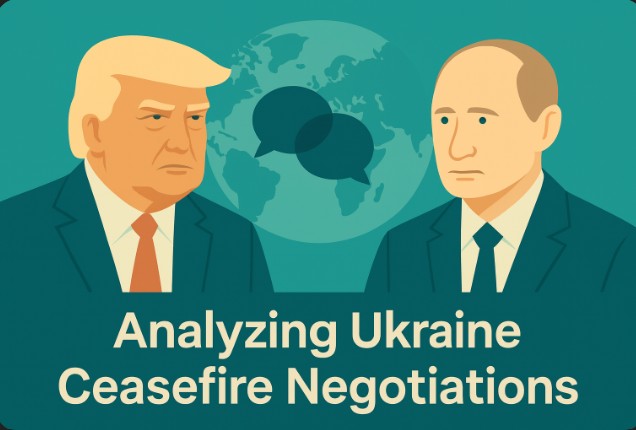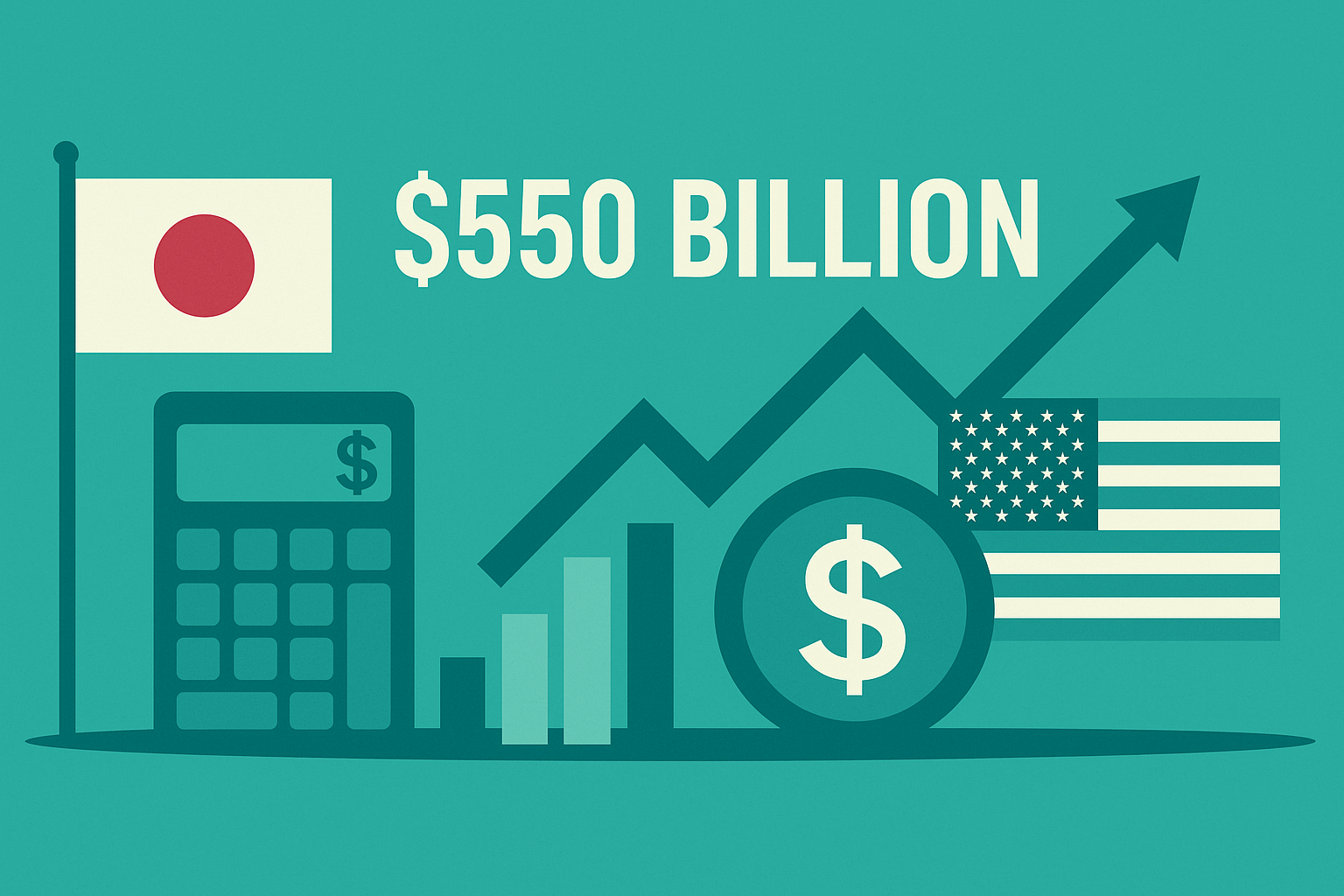Theme: Power, Interests, and the Illusion of Peace — A Realist Perspective on the August 6, 2025 U.S.–Russia Meeting
- 1. Understanding Realism: The Framework of Analysis
- 2. Russia’s Strategy: A Case of Offensive Realism
- 3. The Trump Administration: Realpolitik Meets Electoral Strategy
- 🌍 Balance of Power: Multipolarity and the Role of Third Parties
- 🔮 Realist Scenarios: What Comes Next?
- Conclusion: Peace is Not the Goal — Power Is
1. Understanding Realism: The Framework of Analysis
Realism is a dominant theory in international relations that views the international system as anarchic, where states are the primary actors seeking to maximize their power and ensure survival. Key assumptions include:
| Principle | Description |
|---|---|
| Anarchy | No central authority governs state behavior; security is self-help |
| State-Centric | States are the main, rational actors in international affairs |
| Power Politics | States pursue national interests through power (especially military) |
| Skepticism of Morality | Norms, laws, and values are secondary to survival and strategic interests |
From this lens, diplomacy and peace negotiations are not moral endeavors but strategic tools for advancing national interests.
2. Russia’s Strategy: A Case of Offensive Realism
◆ The Logic Behind Russia’s War
President Putin’s policy is driven by geopolitical realism:
- Ukraine is viewed as a vital buffer zone within Russia’s traditional sphere of influence.
- NATO expansion is interpreted as an existential threat.
- War is a rational tool to secure regional hegemony and undermine Western encirclement.
This aligns with Offensive Realism, particularly the theories of John Mearsheimer:
“In an anarchic international system, great powers are compelled to maximize their share of world power.”
— John J. Mearsheimer, The Tragedy of Great Power Politics
◆ The Meaning of Diplomacy to Russia
For the Kremlin, diplomacy:
- Is not about peace, but about strategic pause or information gathering
- Serves to delay Western sanctions, fragment opposition, and buy time for gains on the battlefield
- Only becomes genuine once Russia achieves favorable conditions on the ground
3. The Trump Administration: Realpolitik Meets Electoral Strategy
◆ Trump’s Strategic Calculus
The Trump administration is also acting within a realist framework:
- Seeks to project toughness toward Russia for domestic political gain
- Simultaneously aims to avoid economic consequences (e.g., oil price spikes from secondary sanctions)
- Thus, negotiations are symbolic—a way to appear active without committing to war or peace
This reflects the ideas of Classical Realism (Hans Morgenthau):
“The main signpost that helps political realism to find its way through the landscape of international politics is the concept of interest defined in terms of power.”
— Hans Morgenthau, Politics Among Nations
🌍 Balance of Power: Multipolarity and the Role of Third Parties
Russia is using third-party states like India, UAE, and China to undermine Western unity and build an alternative geopolitical order.
| Tactic | Description |
|---|---|
| Energy Diplomacy | Exporting Russian oil to non-Western buyers to bypass sanctions |
| Financial Havens | Encouraging capital flows through Dubai, Shanghai, and other hubs |
| Strategic Leverage | Forcing the U.S. to choose between punishing Russia and maintaining alliances |
This reflects a classic realist concept: manipulating the balance of power to prevent unipolar dominance and maintain strategic autonomy.
🔮 Realist Scenarios: What Comes Next?
| Scenario | Realist Interpretation | Outcome |
|---|---|---|
| Limited Ceasefire | Tactical pause by Russia to preserve gains and relieve pressure | U.S. may delay sanctions; war continues |
| Refusal & Sanctions | Russia refuses to yield; U.S. imposes secondary tariffs | Oil markets react; non-Western states caught in crossfire |
| Prolonged Negotiation | Both sides extend talks without concrete progress | Strategic ambiguity; battlefield determines final outcome |
Conclusion: Peace is Not the Goal — Power Is
From a Realist perspective, the key takeaways are:
- States act based on interests, not ideals
- Peace is a tool, not an end
- Russia will only negotiate seriously once its strategic objectives are secured
- The U.S. balances appearing strong with avoiding escalation
In short, diplomacy here is not about ending the war, but about winning it through other means. The illusion of peace talks masks the true contest for power that defines the Russia–Ukraine conflict in 2025.


